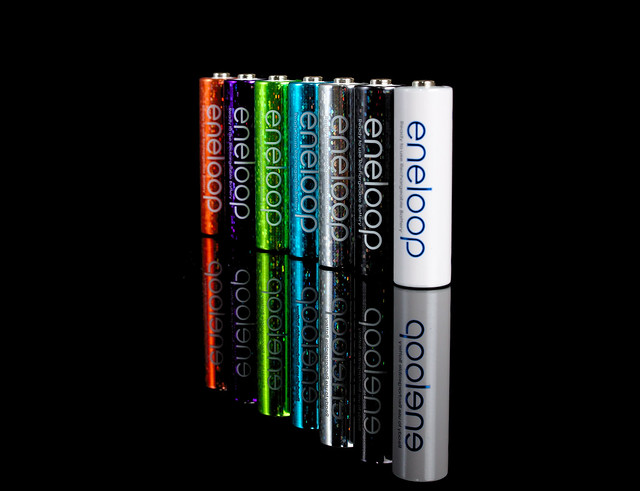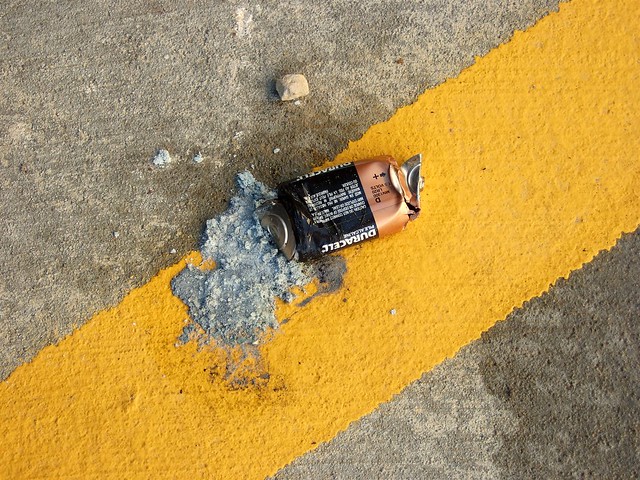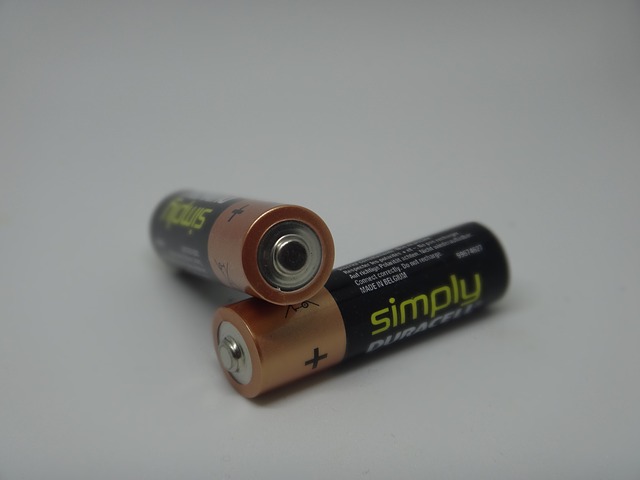Lithium-Ion Battery Consumer Electronics
Jun 17, 2019 Pageview:1004
The prominently known Lithium Ion Battery is a rechargeable battery that has a very long lifespan. These batteries are utilized in the sort of applications that require very high energy density solutions.
They are used in:
· Hybrid automobiles
· Cellular phones
· Notebook computers, etc.
The universal lithium-ion battery market is expanding at a notable rate as a result of the mounting demands for not just electric vehicles but mounting needs for smart devices as well as other consumer electronics items.
Diverse types of lithium batteries have contributed to the market size of lithium-ion batteries. Its market has seen high demands for lithium nickel manganese Cobalt over time due to the reduced proportion of Cobalt in its mixture.
By the basis of power capacity, the lithium battery market is split into:
· 3000mAh
· 3000 to 10000mAh
· 10000 to 60000mAh, and;
· 60000mAh, etc.
Amongst all these power capacities, the 3000mAh to 10000mAh is actually expected to rise at the swiftest rate in the market as a result of an increase in consumer electronics as well as smartphones.
Additionally, the 0 to 30000mAh segment majorly accounts for the biggest share in the general market.
The major growth drivers for the market of lithium batteries are:
· The mounting requirement for grid storage
· Directives of the government on fuel economy
· Increase towards the enhancement of lithium batteries
· Mounting demand for electric vehicle and smart devices
· Mounting demand for consumer electronic products, etc.
In the same vein, the facilitation of the growth of lithium batteries in the market is caused by:
· Mounting approval of novel inventions in lithium batteries
· Government regulations that are stringent for lead disposal
· Mounting disposable income
· Reduced prices precedents to the implementation of lithium batteries in significant areas, etc.
Types Of Lithium-Ion Battery Consumer Electronics
Lithium batteries are regularly utilized as power sources for electronics that are portable and implanted medical devices as well. Although they are much more costly thanthe alkaline batteries, lithium batteries be a longer life cycle.
Some of the diverse types of consumer electronics that utilize lithium batteries include:
1.Pacemakers and some other implantable medical devices that make use of uniquely structured lithium batteries that are capable of lasting for roughly fifteen years or more before they are replaced.
2.Digital cameras are capable of using lithium batteries as it increases the number of photographs that can actually be taken between the periods of battery changes.
3.The small lithium batteries power lots of standalone PDAs; Personal Digital Assistants. They also power smartphones.
4.Due to its long life being the appealing and convenient feature, lots of watch manufacturers are currently producing wristwatches that can function on three-volt lithium batteries
Other devices and consumer electronics that lithium batteries powers include:
· Laser pointers
· Mp3 players
· Calculators
· Battery backup systems found in computers
· Remote car locks
· Thermometers
· Hearing aids, and;
· Remote control toys
For the remote-control toys, the batteries are capable of outliving the toys.
Lithium-Ion Battery Consumer Electronics Market
Lithium batteries are known for proving high storage capacities, ideal efficiency and a longer lifespan than other batteries available in the market.
Nonetheless, the demand for lithium batteries are actually increasing in diverse applications like consumer electronics products, energy storage systems found in household electricity and power plants and also, automotive applications like HEVs and EVs.
The universal lithium battery market is also anticipated to increase within a significant rate.
The current rising demand for electronic devices as well as the government regulations that are stringent to control the pollution level is expected to interestingly drive the lithium battery market.
Furthermore, the universal lithium battery market includes some major vendors such as:
· Hitachi chemical company
· GA Yuasa Corporation LTD
· Panasonic Corporation
· Toshiba Corporation
· ASEC; Automotive Energy Supply Corporation, and;
· Johnson Controls Inc.
In a bid to develop the tough competition in the market, all these vendors are investing in other plans such as collaborations and joint ventures along with acquisitions and mergers.
According to the report analysis of TMR, it states the universal lithium battery market forecast is set to attain a valuation of $77.42 billion by the year 2025 from the $29.68 billion of 2015.
Pros And Cons Of Lithium-Ion Battery Consumer Electronic
Some of the advantages of lithium-ion battery consumer electronics includes:
· High energy density
A great benefit of lithium batteries to consumer electronics is in its high energy density. It gives the battery a rating that is of high power and it still stays at a comparatively little size. Its compact size aids in making it a prominent choice in the industry.
· Low Maintenance
There is actually no need to offer maintenance to the batteries in a bid to actively maintain how they perform. Some other types of batteries like the nickel-based units demand regular discharge in order to maintain optimal performance.
· Swift charging
The lithium batteries on these consumer electronics are quick charging. Its time duration to fully charge is lesser than other battery options in the market. Thus, this is the core reason why they are used in tablets and phones that need to be charged daily
· Light
The batteries have lightweight and they are small. This makes them the ideal choice in a vast range of electronic products. They are the prominent choice for golf carts and electric cars.
· Low self-discharge
Most batteries tend to lose specific volume of charge after they are disconnected from a power source. But for the lithium batteries, they have a discharge rate that is much lower than other battery types.
· Longevity
It has great longevity and continues giving durable performance over a long-time frame. Also, they can receive normal charge with little or no difference in the capacity.
Some of the disadvantages of lithium-ion consumer electronics include:
· It is costly
Making lithium batteries is very long and expensive. Averagely, lithium battery types cost about forty percent more to generate when compared to batteries like nickel-cadmium.
· Transportation
It is quite difficult to transport and it has been restricted in diverse places. An instance is a fact that it is impossible to transport lithium-ion batteries in very high amounts by air.
To Wrap It Up
Lithium batteries are making rounds all around the world. Plus, they are the primary batteries been used in most of the consumer electronic products we have in the market.
- Prev Article: How Much Longer Do Lithium Batteries Last Compared To Alkaline?
- Next Article: Lithium-Ion Battery Production Line
Leave Message
Hottest Categories
-
Hottest Industry News
-
Latest Industry News












